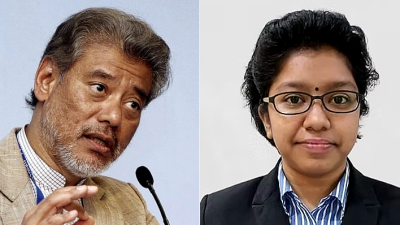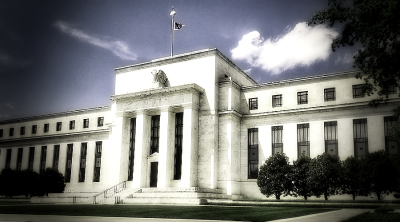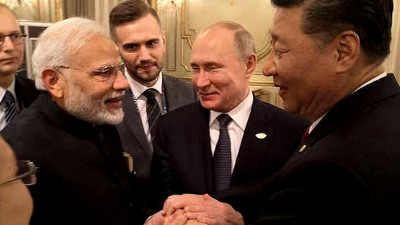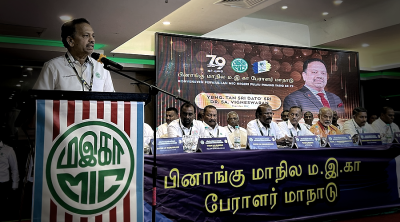
Oxfam expects the world’s first trillionaire within a decade and poverty to end in 229 years!
The wealth of the world’s five richest men has more than doubled from 2020, as 4.8 billion people became poorer.
The 2024 Oxfam report entitled Inequality Inc. warned, “We’re witnessing the beginnings of a decade of division” as billions cope with the “pandemic, inflation and war, while billionaires’ fortunes boom”.
“This inequality is no accident; the billionaire class is ensuring corporations deliver more wealth to them at the expense of everyone else,” noted Oxfam International’s Amitabh Behar.
Driving inequality
Summarising the report, Tanupriya Singh noted gaps between rich and poor, and between wealthy nations and developing countries had grown again for the first time in the 21st century as the super-rich became much richer.
The Global North has 69 per cent of all wealth worldwide and 74 per cent of billionaire riches.
Oxfam notes contemporary wealth concentration began with colonialism and empire.
Since then, “neo-colonial relationships with the Global South persist, perpetuating economic imbalances and rigging the economic rules in favour of rich nations”.
The report notes, “economies across the Global South are locked into exporting primary commodities, from copper to coffee, for use by monopolistic industries in the Global North, perpetuating a colonial-style ‘extractivist’ model”.
Inequalities within rich nations have grown, with marginalised communities worse off, giving rise to rival ethno-populisms and vicious identity politics.
Seventy per cent of the world’s largest corporations have a billionaire as principal shareholder or chief executive.
These firms are worth over $10 trillion, which exceeds the total output of Latin America and Africa.
The incomes of the rich have grown much faster than for most others. Hence, the top 1 per cent of shareholders own 43 per cent of financial assets worldwide – half in Asia, 48 per cent in the Middle East, and 47 per cent in Europe.
Between mid-2022 and mid-2023, 148 of the world’s largest corporations made $1.8 trillion in profits.
Meanwhile, 82 per cent of 96 large corporations’ profits went to shareholders via stock buybacks and dividends.
Only 0.4 per cent of the world’s largest companies have agreed to pay minimum wages to those contributing to their profits.
Unsurprisingly, the poorer half of the world earned only 8.5 per cent of world income in 2022.
The wages of almost 800 million workers have not kept up with inflation. In 2022 and 2023, they lost $1.5 trillion, equivalent to an average of 25 days of lost wages per employee.
In addition to income inequality, the 2024 Oxfam Report noted workers face mounting challenges due to stressful workplace conditions.
The gap between the incomes of the ultra-rich and workers is so huge that a female health or social worker would need 1,200 years to earn what a Fortune 100 company CEO makes annually!
Besides lower wages for women, unpaid care work subsidises the world economy by at least $10.8 trillion yearly, thrice what Oxfam terms ‘tech industry’.
Monopoly power
Oxfam notes that monopoly power has worsened world inequality. Thus, a few corporations influence and even control national economies, governments, laws, and policies in their own interest.
(Jomo Kwame Sundaram was an economics professor and United Nations Assistant Secretary-General for Economic Development.)
ADVERTISEMENT
ADVERTISEMENT






































